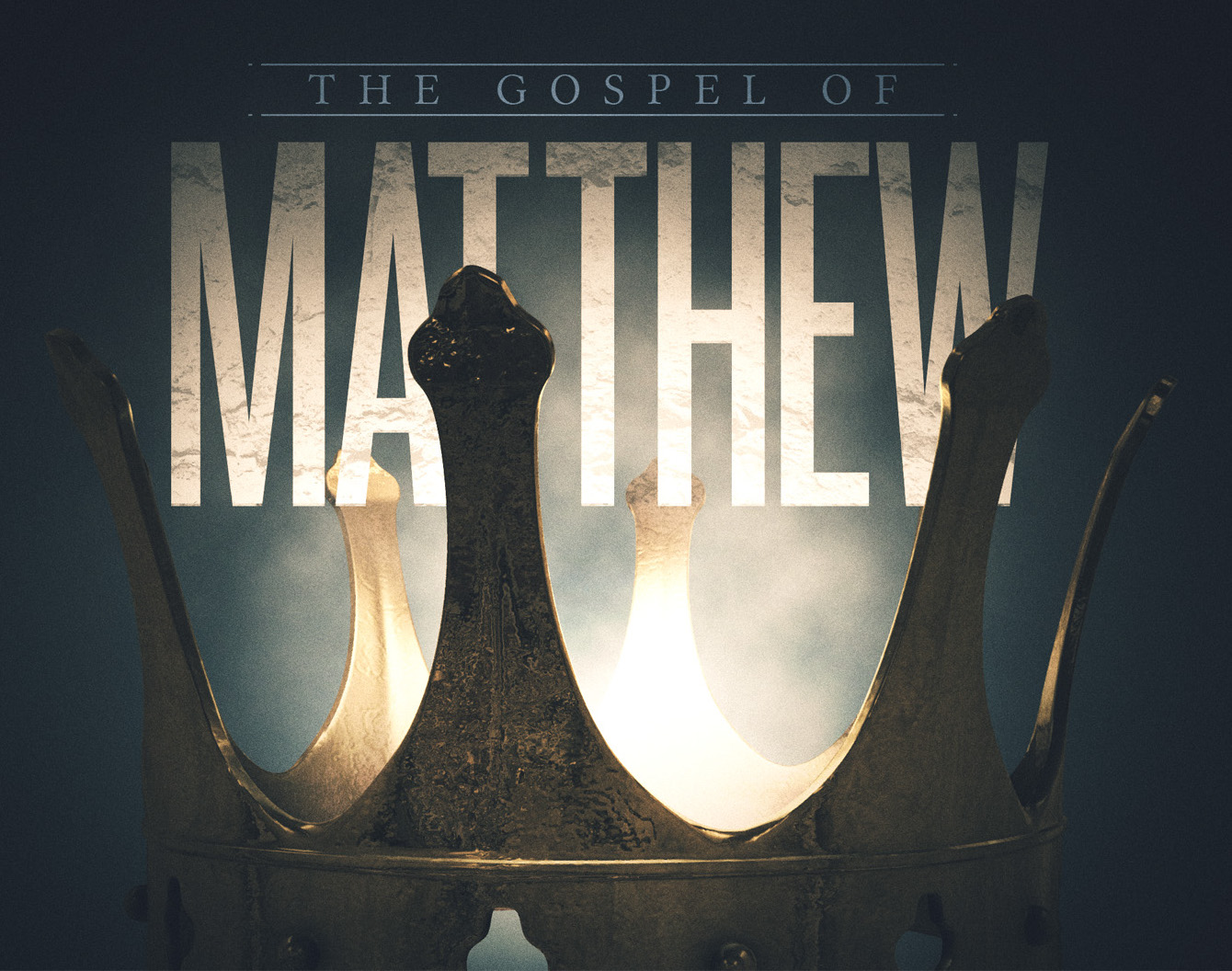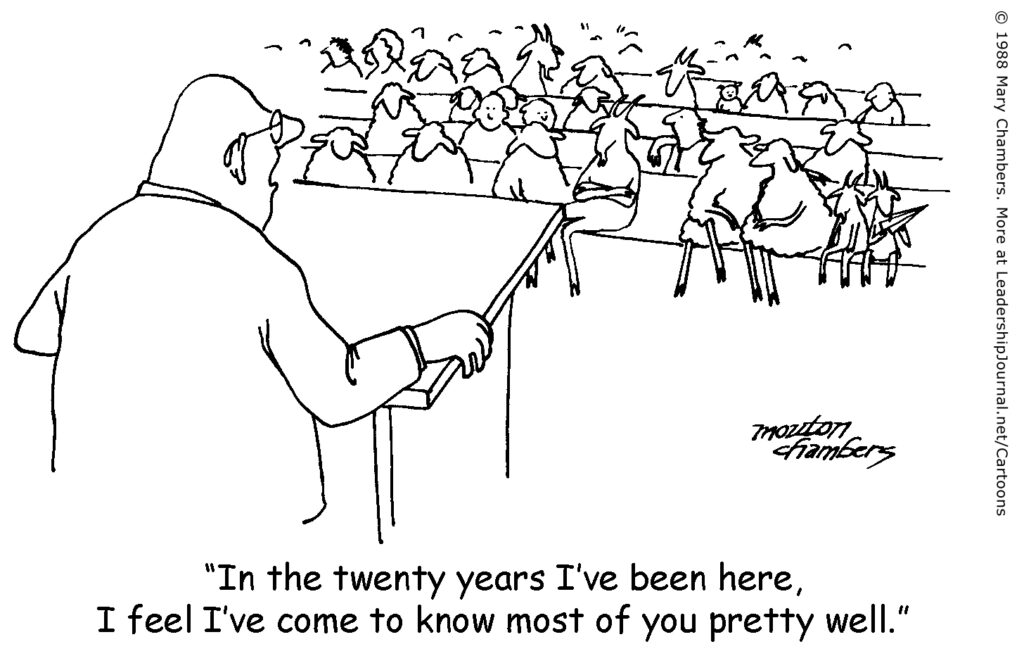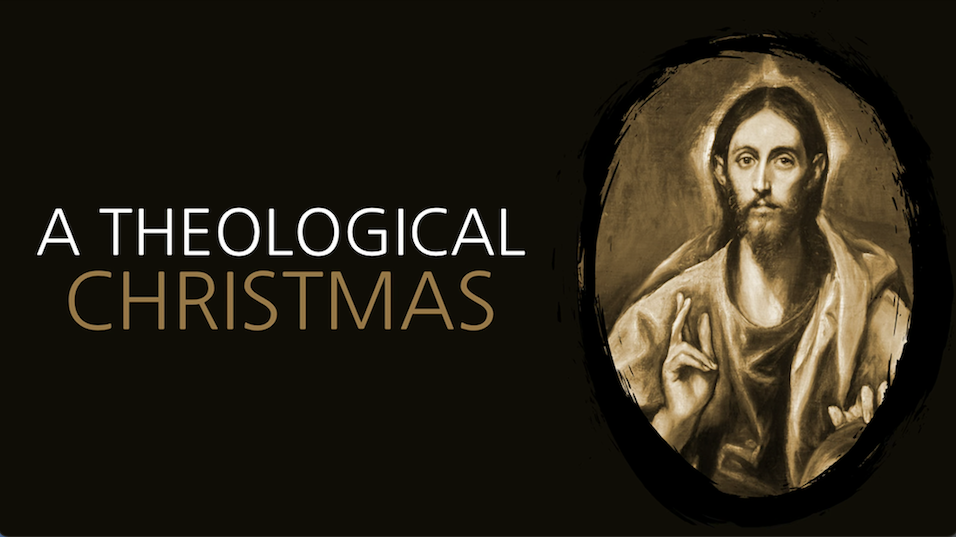
Matthew 26
1 When Jesus had finished all these sayings, he said to his disciples, 2 “You know that after two days the Passover is coming, and the Son of Man will be delivered up to be crucified.” 3 Then the chief priests and the elders of the people gathered in the palace of the high priest, whose name was Caiaphas, 4 and plotted together in order to arrest Jesus by stealth and kill him. 5 But they said, “Not during the feast, lest there be an uproar among the people.” 6 Now when Jesus was at Bethany in the house of Simon the leper, 7 a woman came up to him with an alabaster flask of very expensive ointment, and she poured it on his head as he reclined at table. 8 And when the disciples saw it, they were indignant, saying, “Why this waste? 9 For this could have been sold for a large sum and given to the poor.” 10 But Jesus, aware of this, said to them, “Why do you trouble the woman? For she has done a beautiful thing to me. 11 For you always have the poor with you, but you will not always have me. 12 In pouring this ointment on my body, she has done it to prepare me for burial. 13 Truly, I say to you, wherever this gospel is proclaimed in the whole world, what she has done will also be told in memory of her.”
We Baptists do not do a lot of anointing with oil. Let me be very clear: I not only do not oppose anointing somebody with oil while praying for them, I actually find it quite beautiful and powerful and biblical and good (“Is anyone among you sick? Let him call for the elders of the church, and let them pray over him, anointing him with oil in the name of the Lord.” James 5:14). I have been asked to do so on occasion over the years, and I am happy to do so. Like all good things, it can be abused, but the abuse of a thing does not render the thing itself inherently wrong (unless, of course, it is!).
I recall one of the first times I was asked to anoint somebody with oil and pray for their healing. I gladly and quickly agreed. I and some others went to the home of this brother. I had brought a little vial of oil. When it came time to pray, I went to pour a drop or two on his head when…you guessed it…a great deal of oil came pouring out in an instant!
I recall trying to hide my surprise as I placed my hand on his oily hair and prayed. We all prayed and, when we finished, we all had a good laugh at how much oil I poured out on him! There was no getting around it: I doused the brother when what I intended was a couple of drops.
But now that I think of it, why not douse with oil when calling for the blessing and favor of God upon another?
Excessive oil is a sign of excessive favor and blessing. Consider, for instance, Psalm 133.
1 Behold, how good and pleasant it is when brothers dwell in unity! 2 It is like the precious oil on the head, running down on the beard, on the beard of Aaron, running down on the collar of his robes! 3 It is like the dew of Hermon, which falls on the mountains of Zion! For there the Lord has commanded the blessing, life forevermore.
Or consider our own text, Matthew 26:1–13. The context is very different, but here too we find an excessive, lavish anointing. Here too the greatness of God is extolled, though, here, it is extolled before the approaching storm of the sufferings of the cross.
In our text, a woman lavishly anoints Jesus. Though, for her, it was not an accident. And, in doing so, she is placed in stark contrast not only to those plotting the death of Jesus, but even to the disciples themselves who protest her actions.




